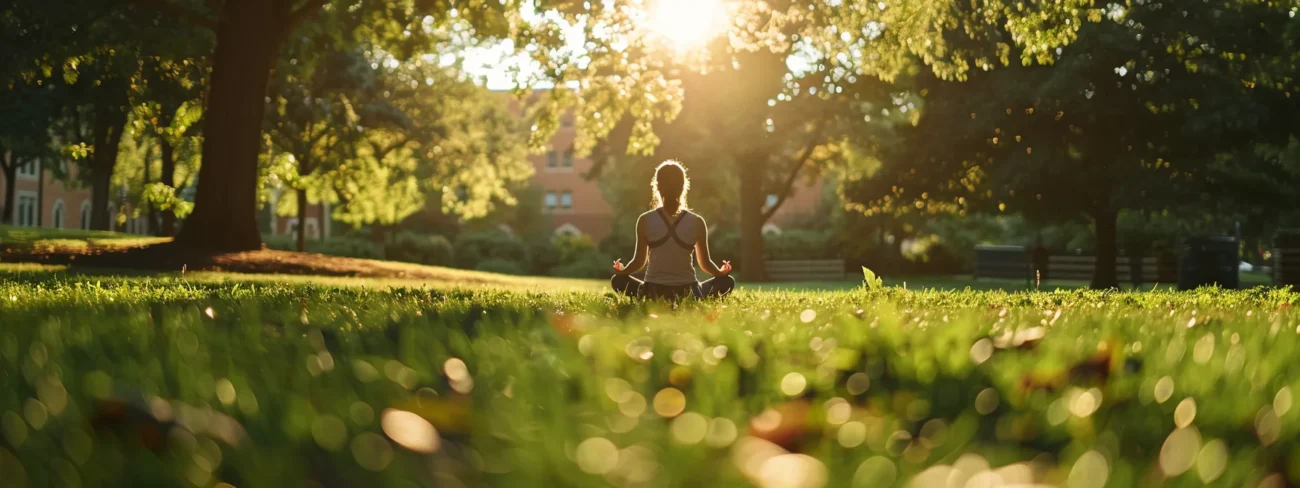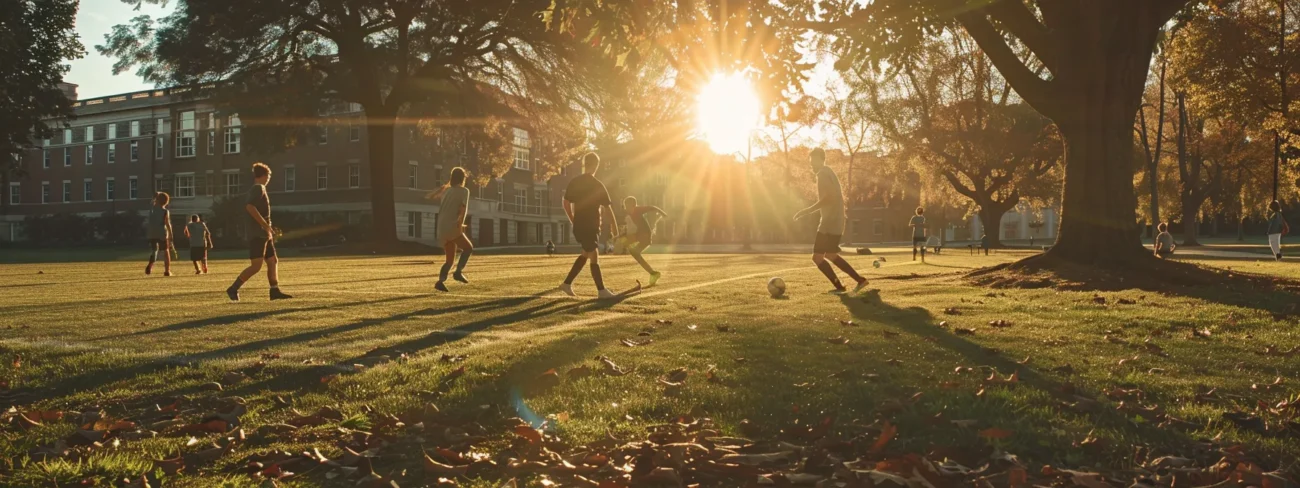Blog
The Benefits of Balance: Work and Play for Dedicated Students

In a demanding academic environment, students often struggle with maintaining productive study habits while also enjoying life’s pleasures. Striking the right balance between work and play is crucial for mental health and can also enhance academic performance and life skills. Understanding the symbiotic relationship between rigorous studying and meaningful leisure is key to a harmonious student life. In this article, we delve into the significance of each and provide insights into optimizing both.
The Psychological Advantages of a Balanced Lifestyle for Students

Balancing academics with leisure activities helps students recharge mentally, enhancing focus, creativity, and problem-solving skills. Recreational activities like sports or arts allow them to build a well-rounded self-concept, which strengthens their sense of identity beyond academics—a crucial factor during formative years.
Social connections and downtime are equally essential for mental health. Activities like spending time with friends or even engaging in online casino free play can foster responsible decision-making and offer a controlled break from academic pressures. A balanced routine that includes leisure and connection is key to managing stress and maintaining emotional well-being.
Enhancing Academic Performance Through Structured Downtime
Academic success is not solely attributed to constant study; structured downtime can significantly enhance performance. Rest periods help consolidate memory and comprehension, allowing the brain to process new information subconsciously. This leads to a better understanding and retention of academic material. Dedicated leisure periods improve motivation and prevent burnout by allowing students to focus more on their studies.
- Physical movement in leisure activities stimulates blood circulation and oxygen flow to the brain,
- Improving cognitive function and fostering a healthy body and mind.
- Combining study with physical exercise is advantageous for student health.
- Allocating time for hobbies and interests can also inadvertently enhance academic skills,
- Such as improving vocabulary and comprehension during academic readings. Thus, leisure can serve as an informal extension of education.
The Role of Recreation in Developing Time Management Skills
Effective time management is crucial for student success; leisure activities can help develop this skill. Engaging in leisure activities helps students plan and allocate their time purposefully, ensuring they meet academic and personal commitments. This discipline and priority-setting can be transferred to academic life.
- Recreational activities often have inherent deadlines,
- Improving punctuality and time-management abilities.
- Students learn to say ‘no’ to excessive commitments, set boundaries, and maintain focus on goals.
- The judicious division of time between work and play also teaches about balance, which is beneficial beyond academics.
- These principles of time management are life management skills in their infancy.
The Impact of Leisure Activities on Student Stress Reduction

Stress is a common aspect of student life, but it can be mitigated through intentional leisure activities. Engaging in activities that bring joy and relaxation can lower stress hormones, refresh the mind, and potentially prevent stress-related illnesses. Activities that induce a state of ‘flow’, such as artistic expression, athletic challenges, or strategic games, can lead to mindfulness and reduce stress.
- University counseling services often incorporate stress-relief techniques,
- Such as organized group activities and individual hobbies to support students in finding personal outlets that alleviate academic pressures.
- Regular engagement in these activities can help students maintain a healthier stress threshold.
- Recreational time can help students gain perspective on their academic challenges, making them more manageable.
Cultivating a Well-Rounded Student Identity Beyond Academia
Cultivating a well-rounded identity is essential for students, as engaging in leisure activities balances academic demands and helps them explore different facets of themselves. When students pursue interests outside their studies, they develop a stronger sense of self and may uncover hidden talents and career paths. For example, volunteering can ignite a passion for social causes, while participation in debate clubs can reveal public speaking skills.
Having diverse interests makes students more adaptable in today’s job market, appealing to employers who value well-rounded candidates. A degree in applied behavior analysis, paired with hobbies like music or community service, showcases students’ knowledge and versatility, enhancing their attractiveness during job selection.
Altogether, the judicious integration of work and play in student life cultivates a richer educational experience and prepares individuals for the nuanced demands of post-academic life. It is clear that the most successful students are those who recognize the importance of a balanced lifestyle and actively strive to sustain it.
